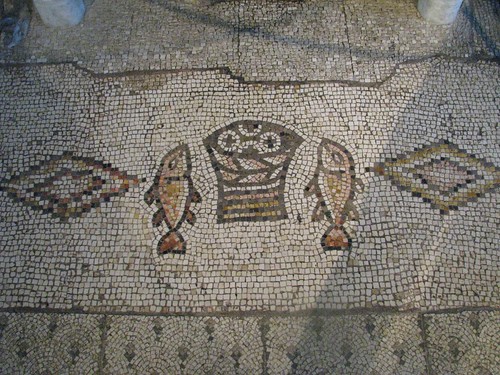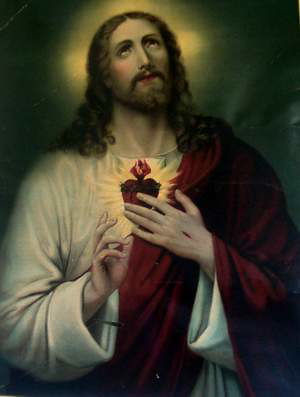Yes, that is at the heart of what Christmas is all about. But today’s Gospel reminds us that family is not just about children, not only our families, but also the holy family. In today’s Gospel we meet two elderly and holy people: Simeon and Anna. Old. Faithful. Devoted to prayer and full of wisdom.
Christmas is not just about children - it is about the elderly too. When I think back to my childhood Christmasses I can see my two grandmothers and my widowed Uncle Norman sat round the family table sharing in our Christmas dinner. Sitting in front of the telly during the afternoon snoring loudly while the Queen spoke about the Commonwealth. One of my earliest memories must be of my Great-Grandad sitting on my chocolate which I’d put on the settee and it melting to the back of his trousers. That was, I think, Christmas Day 1961.
 Christmas is about old people too. Earlier this week I visited a number of our elderly parishioners who are in nursing homes or sheltered accommodation, taking communion, praying, having a chat. The variety, amongst the people and the homes is great. Most have some form of ill-health or disability. There is some sadness in their situation, and some anxiety for their relatives, perhaps. But there is also great joy, a few laughs, and many smiling faces. I’ll not forget the sheer joy of one or our parishioners, aged 92, as she joined in the waltz and the fox-trot with the young people from a dancing school who were visiting the sheltered accommodation where she now lives.
Christmas is about old people too. Earlier this week I visited a number of our elderly parishioners who are in nursing homes or sheltered accommodation, taking communion, praying, having a chat. The variety, amongst the people and the homes is great. Most have some form of ill-health or disability. There is some sadness in their situation, and some anxiety for their relatives, perhaps. But there is also great joy, a few laughs, and many smiling faces. I’ll not forget the sheer joy of one or our parishioners, aged 92, as she joined in the waltz and the fox-trot with the young people from a dancing school who were visiting the sheltered accommodation where she now lives. Sadly, we live in a society which values youth well above age. Our society thinks, perhaps we think, that the elderly live in the past. Sometimes, perhaps often, elderly people themselves feel useless because they cannot do what they used to do. We value action above thought. Activity above reflection. Activism above prayer. And yet thought and reflection and prayer are the beginning of wisdom, and a lot of activity for activity’s sake becomes what Shakespeare called ‘a tale told by an idiot, full of sound and fury, signifying nothing’.
Look again at the Gospel. Simeon and Anna rejoice because in the wisdom of their years they can see what the future holds better than the young people of their own day. They rejoice because they know the future offers not doom but salvation, and the difficulties it may hold are not to be feared because they will bring great rewards.
Only the wisdom of years can see the flimsiness of the present and have a realistic vision of the future.
Let us pray that we may all reach the years of Simeon and Anna, and share their wisdom and their vision.





